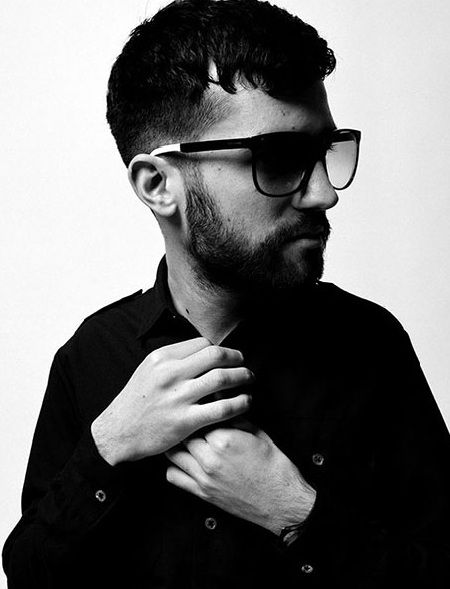
“I believe hip-hop has entered its psychedelic age. Turn on the radio: Molly, Xanax and cough syrup references are ubiquitous,” he writes. Perhaps even more surprisingly was that the piece wasn’t judging, just genuinely asking for a more open dialogue on the topic. And while A-Trak was speaking about hip hop specifically, I couldn’t help but draw parallels to electronic music’s own drug culture. Shouldn’t we be talking about that too?
In its attempt to reach a larger mainstream audience, electronic music’s infamous drug culture has proven to be a real thorn in its side. Over a decade ago, this was limited to raves taking place at unknown locations or clubs that nobody’s heard of. Now the genre is expanding and seeping into the mainstream but so is the drug culture surrounding it. This is not, however, so called brand new information. People do drugs at raves. “And beneath the surface there may be a profound lack of understanding of these substances.” I think, perhaps what’s more shocking is that there are plenty of people like A-Trak who don’t do drugs. These people do exist.
I saw Calvin Harris at the Palladium in Hollywood, CA a month ago. When the opening chords to ‘Feel So Close’ immersed the arena, the stranger I was dancing with behind me leaned down and asked me, ‘Are you rolling?’ I was not, but that didn’t matter because both of our arms were raised at the same moment, enjoying the same sounds coming from the same speakers controlled by the same artist. Different experiences, to be certain, but in each the case the connections that manifest when people go see electronic music remained; the essence and the heart of the music transcends both drugs and sobriety.
As for the drug use; it happens, it’s a problem and it’s one that’s managed in the only way venues and organizers can manage it short of requiring atendees to submit a drug test along with their ticket stub. This is more about the hope that maybe, just maybe as electronic music continues to gain mainstream acceptance it will be able to shed a fraction of the stigma associated with it. Maybe it can actually be about the music, and the way that it continues to bring people together.
Of course, electronic music isn’t hip hop and one of the striking differences pertains to how drugs are endorsed lyrically in the latter. A-Trak makes a clear distinction between artists who are faking it and those that are truly walking that fine line drawn across creativy, drugs, and madness all in the name of art. “It takes more than a reference to MDMA to keep up with the times, though. Hearing Ludacris and Juelz Santana’s Molly raps du jour make me cough up the word “bandwagon” – no promethazine needed.” When I read the piece I thought, man he’s got some guts to come out and say all this – and so casually too. “My stance is: we can rap about it, but let’s also talk about it,” says A-Trak. So let’s.
via – Huffingtonpost


